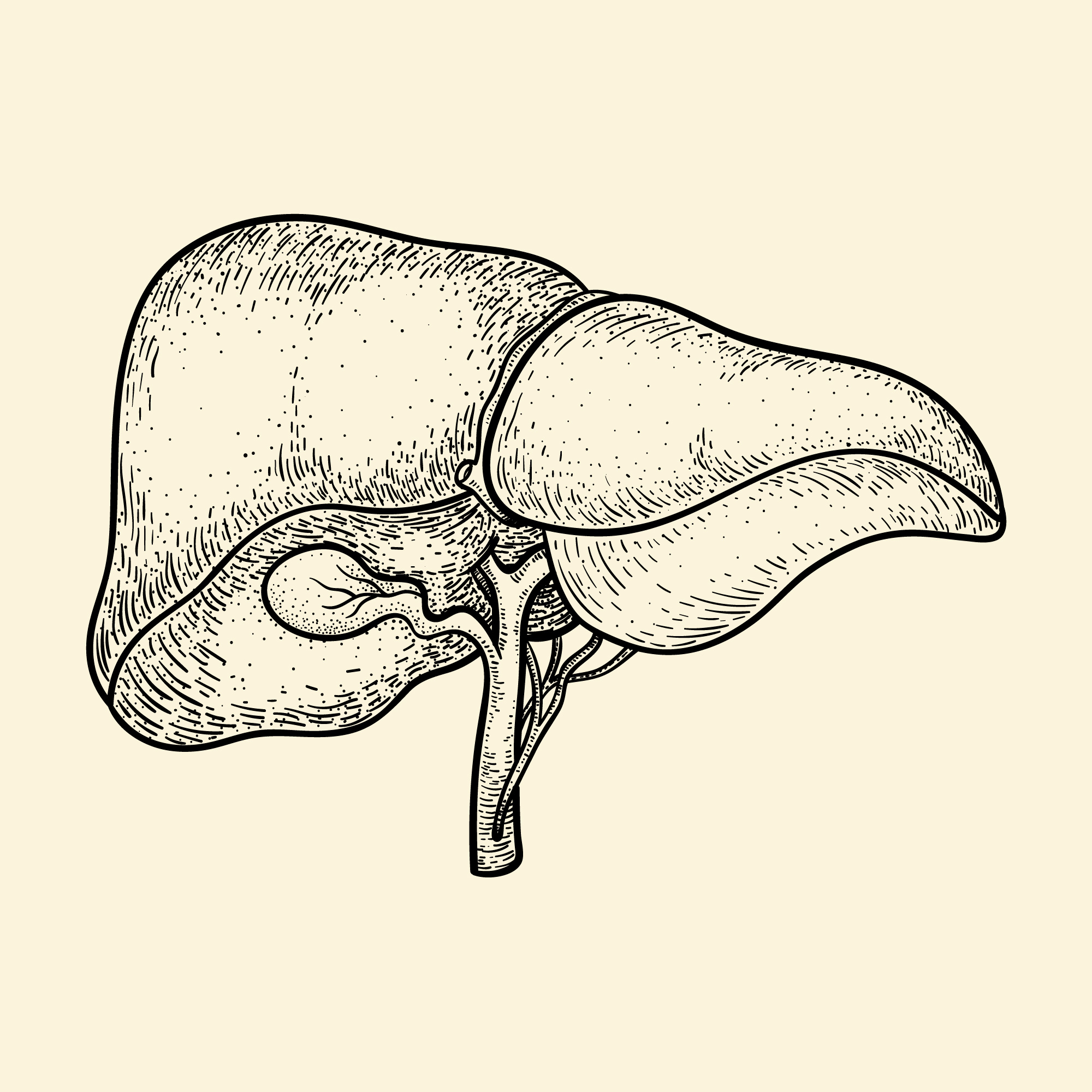Media release
From:
Menzies School of Health Research (Menzies) has led the largest-ever study of people living with a unique strain of chronic hepatitis B (C4 hepatitis B) – which predominately affects First Nations Australians in the Northern Territory (NT) – uncovering significant impacts on liver health.
Published recently in BMC Infectious Diseases, the results provide valuable insights to help shape public health policy and care and are the latest findings from the Menzies led Hep B PAST (partnership approach to the elimination of Hepatitis B in the Northern Territory) program. The study analysed data of over 780 individuals from more than 76% of remote community clinics in the NT, making it the most extensive cohort study of its kind.
Through studying the clinical features of C4 hepatitis B, the researchers uncovered a severe type of liver disease amongst those living with the infection and explored the potential impact of using the World Health Organisation (WHO) expanded treatment guidelines in this context.
While more research is needed to better understand if the virus or other factors are the main cause of this liver disease, the Hep B PAST Plus program – the next stage of Hep B PAST – is working with new and existing partners to codesign an approach to reduce the burden of liver disease in First Nations populations in northern Australia.
The Hep B PAST Program is a national leader in hepatitis B care. Since its implementation, modelling data from the WHO Collaborating Centre for Viral Hepatitis at the Peter Doherty Institute for Infection and Immunity uncovered that the Northern Territory is the only place that has closed the gap in Chronic Hepatitis B care for First Nations Australians.
This study’s findings are vital to support context-specific decisions relating to chronic hepatitis B care and emphasise the need for greater awareness of C4 hepatitis B as a public health priority.
This work is made possible through long-standing partnerships with Australasian Society for Sexual Health, HIV and Viral Hepatitis Medicine (ASHM), Central Australian Aboriginal Congress, Katherine West Health Board, Mala’la Health Service, Marthakal Homelands Health Service, Miwatj Health Aboriginal Corporation, NT Aids and Hepatitis Council (NTAHC) and NT Health and valued collaboration with the Peter Doherty Institute for Infection and Immunity (Doherty Institute) and the WHO Collaborating Centre for Viral Hepatitis and Department of Infectious Diseases, based at the Doherty Institute. With the next phase of the program, Cairns and Hinterland Hospital and Health Service, Cancer Council Australia, Danila Dilba Health Service, Hepatitis Australia, Hepatitis B Voices Australia, National Aboriginal Community Controlled Health Organisation, Sunrise Health Service Aboriginal Corporation and Wurli-Wurlinjang Health Service, have also joined the program.
Read the publication in full, or see the findings represented visually below: https://bmcinfectdis.biomedcentral.com/articles/10.1186/s12879-025-11213-w
Quotes attributable to study lead and Menzies Hepatitis B Program Lead, Professor Jane Davies:
“We are so proud of this work elevating equity in care for First Nations people living with Chronic Hepatitis B in the NT by understanding the virology and impact of this ancient virus.
“The Hep B PAST Partnership continues to show us that working together we can close the gap in care for First Nations people.”
Quotes attributable to study author and Senior Aboriginal Researcher in the Hep B PAST team, George Garambaka Gurruwiwi:
“This study is really important, it’s important to raise the profile of hep B C4 and to make sure as many First Nations people as possible have the treatment they need.”
Quotes attributable to study author and Infectious Diseases Physician & Research Fellow at the Peter Doherty Institute for Infection and Immunity, Dr Genevieve Martin:
“Having already improved clinical care for First Nations people living with Chronic Hepatitis B, the Hep B PAST Partnership is now also generating data to guide context-specific decisions about hepatitis B care in the NT.”



 Australia; VIC; NT
Australia; VIC; NT


